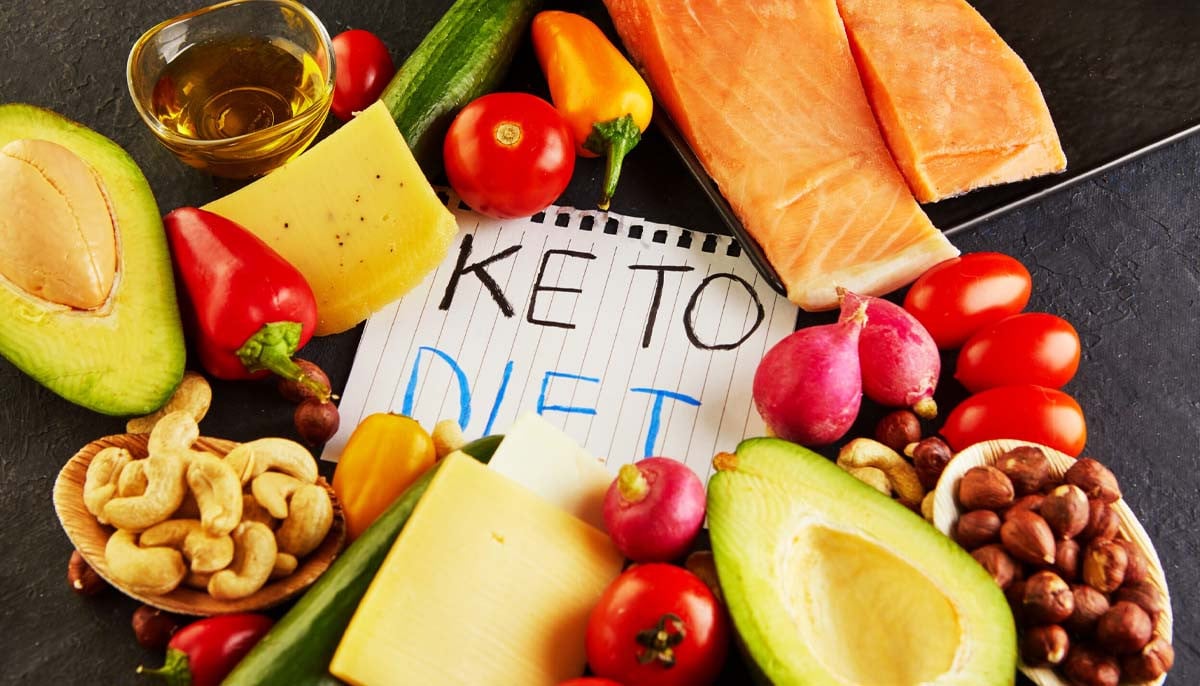Bird Flu outbreak: Should you eat beef, eggs, milk?
US is struck by bird flu outbreak
As more farm animals are affected by the bird or avian flu outbreak, questions are being raised regarding the safety of eating animal products like milk and eggs.
Subtypes of the influenza A virus produce bird flu, commonly known as avian influenza.
Although there are other subtypes, the highly pathogenic H5N1 strain is the one that is associated with the most recent outbreak.
It is extremely unusual, according to experts, for someone to get avian flu by consuming tainted food.
H5N1 "is not a food safety concern, and the risk of its transmission to humans remains low," according to the most recent information provided to Health by Elaine Vanier, DVM, the lead for NSF International's animal welfare and animal feed programmes.
It has long been stated that the food sector takes precautions to guarantee that poultry contaminated with the bird flu is not offered for sale.
“Because it is so contagious and commercially devastating for commercial poultry when an infected bird is detected, entire flocks have to be destroyed,” Long said. “This poultry is not sold.”
Before dairy cows are transported over state lines, the US Department of Agriculture (USDA) has additionally ordered that they test negative for influenza A at a recognised laboratory.
Even if the virus did make its way into your eggs or beef, Long said that “normal cooking temperature,” or heating the foods to at least 165 degrees, “would destroy the virus as well as disease-causing bacteria that are far more common, like Salmonella.”
-
Antioxidants found to be protective agents against cognitive decline
-
Coffee reduces cancer risk, research suggests
-
Keto diet emerges as key to Alzheimer's cure
-
What you need to know about ischemic stroke
-
Shocking reason behind type 2 diabetes revealed by scientists
-
Simple 'finger test' unveils lung cancer diagnosis
-
Groundbreaking treatment for sepsis emerges in new study
-
All you need to know guide to rosacea
_updates.jpg)











